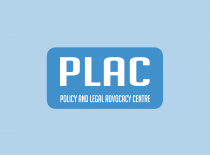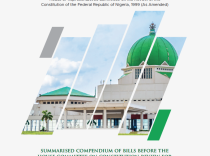The House of Representatives at its plenary session of Wednesday 28th November declared a “state of emergency” on Nigeria’s educational Sector and resolved to incrementally raise the budget in the said sector within the next 4 years, subject to the availability of funds. The resolution was sequel to a motion raised by Hon. Ayodele Oladimeji (PDP: Ekiti) who underscored the strategic role education plays in any nation; being the fulcrum of national growth and development. In particular, he described tertiary education as the platform for developing human capital and advancing the social, economic and technological transformation of any nation.
Hon. Oladimeji further explained that the right to education is a fundamental human right and tool to attaining not only academic excellence but social justice and progress, that consequently enables citizens achieve their personal goals and develop their civic and political consciousness. However, he expressed concern over the abysmal state of the sector noting that Nigeria loses a minimum of N1Trillion annually from education tourism with 75,000 Nigerians currently studying in Ghana, Benin Republic and Egypt, among others. He also expressed worry on the dwindling quality of education and attributed this as a significant factor of why many graduates were unemployable. Nonetheless, he also acknowledged that no fewer than 1.8million graduates in the country move into the labor market every year with the hope of getting jobs that were not available.
Speaking further, he stated that numerous problems such as inadequate funding, epileptic power supply, infrastructure and examination malpractices had hindered the growth of Nigeria’s educational system and encouraged the exodus of its youth from the pursuit of tertiary education. He also highlighted that the Nigerian Government allocation of 7% of the national budget to education was far below the 26% budgetary allocation recommended by the United Nations Education and Scientific Organization (UNESCO) for developing countries like Nigeria.
In response to the motion, the House additionally agreed to organize a week-long educational summit to look properly into the issues and proffer solutions on how Nigeria’s tertiary Institutions could be more competitive internationally and support the country’s National Economic Development and Growth Plan. It also mandated its Committee on Tertiary Education and Services to work with the Federal Ministry of Education (FME) and other relevant agencies to ensure implementation. The said Committee is to report back its findings within 6 weeks for further legislative action.





